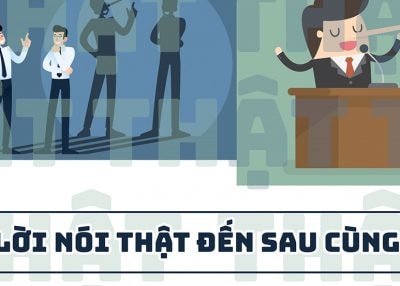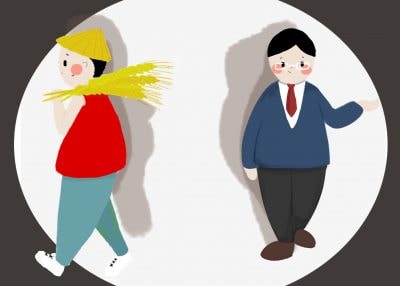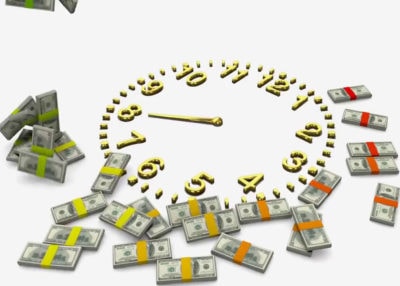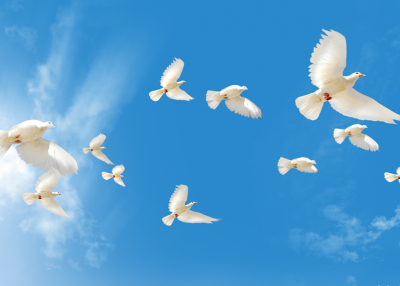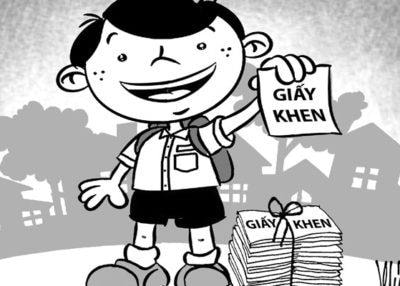
All countries respect journalism and journalists.
In Vietnam today, the word “journalist” is overused. In developed countries, usually, new graduates or those who are new to journalism can only start as a reporter’s assistant (assisting reporters). I chose the big question as the title because I read this question in an article commemorating the 70th anniversary of the Vietnam Revolutionary Press (June 21, 1925 – June 21, 1995). Since then, 27 years have passed, and the big question has been hovering over my head, while I have been searching for it without finding a satisfactory answer.
One morning, in a small shop on the lower bank of the Lam River, sipping coffee and surfing Facebook, I met my colleagues, fellow students of K22 Tong Hop (who have been "unevenly retired" for several years). I saw my colleagues, my colleagues, wide-eyed, flat-eyed with the so-called "definition" of a journalist. The thing is, on the Facebook of BTBH - a female journalist, a fellow student, who 45 years ago, we, the military-colored students, honored as "Xi Thi of Hanoi". At that time, the female student of BTBH was as gentle as a local spirit belonging to the old quarter. After graduating, she became a reporter for the Capital Radio, now the female journalist is in her sixties, still as gentle as the earth, still can't stand it and is forced to post the following lines on Facebook:
“The Southern Vietnamese Dictionary by author Huynh Cong Tin published by Social Sciences Publishing House in 2007 defines JOURNALIST as: “Journalists are interpreted as people who do not have jobs, are unemployed, and are dependent on their families. For example: “After graduating, they stay at home and work as journalists, but they can’t do anything”!
BTBH gently said: “This is a compilation under the direction of the Vietnam Linguistics Association and Can Tho University. No matter how unintelligent or hateful of journalists you are, you should not reveal it to the world like that.
It's true, "Too gentle, too gentle to argue."
BTBH mentioned the Vietnam Linguistics Association. As for me, I secretly hoped and believed that none of the Linguistics Professors – my classmates in Language K22 class – would vote for the so-called “definition” of the concept of a crippled journalist to be spread out in the linguistic communication environment of the Vietnamese community.
The gentleness and subtlety of my BTBH colleague prompted me to refer back to one of my favorite definitions of journalists. Before 1945, the people of Co Dan, my hometown, called journalists “scribes”, and the Northern region called them journalists. Today, everyone knows: “A journalist is a professional journalist, including the following titles: reporter, editor, editorial secretary, editor-in-chief, deputy editor-in-chief, and heads of press departments.”
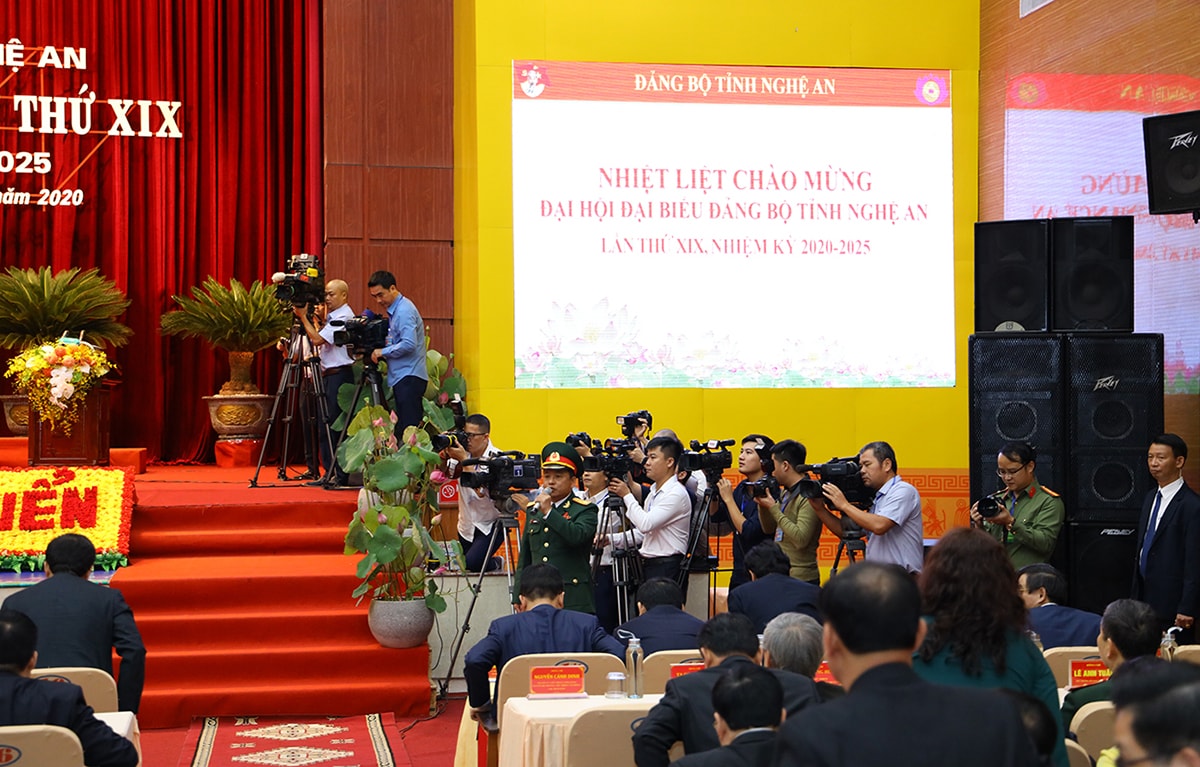
The press, after all, has two functions: the ideological function and the information function. The ideological function of the press is to say that the press always stands for social progress, in accordance with the inevitable development laws of human social history. Journalism is a dangerous profession, but while working, journalists are still not properly protected by law enforcement agencies.
Journalists play an important role in the field of journalism and media, especially with the information explosion in the 4.0 era. Journalism is about conveying information accurately, so honesty is considered a core quality. Journalism requires a very high level of professional ethics, but many journalists are often not educated and trained in this area, so they often commit serious violations of professional ethics. Many people and families have been victims of journalists who are either inexperienced, unprofessional, or unethical. The social role of journalists is determined by objective factors; no one has the right to force journalists to write this way or say that. Objectively, social awareness of the profession, in which the public plays a particularly important role. Subjectively, it is the dominant relationship of political institutions and political culture, self-awareness of the profession and professional capacity, and the ability to meet social needs of the journalist team.
Journalists are the ones who bring information to the public, this is also the primary social responsibility that the social community gives to journalists. With a clear conscience and professional ethics, journalists demonstrate and affirm their social responsibility through news and articles. Journalists always aim for the ultimate goal of honestly reflecting objective truth. Honesty here is understood as authenticity. Truth is associated with events, authenticity also has its art. Art here is a profession, a way of writing, and authenticity is to write about the nature of the problem as it is. Writing correctly does not mean saying it as it is. There are things that are said today that are contrary to reality, but do not give up because of today's contradictions or write just to be published, to have a name and reputation. It is not necessarily that journalists will write about everything they encounter or hear in social community life, but when they choose to write, they must ensure the highest level of objective truth.
A true journalist always strives to achieve “many houses in one house”: Being a thinker standing on the position – purpose for the People and the Country, for the ideal of social progress, for the ideal of peaceful coexistence of progressive nations and humanity. Being an initiator of ideology and social opinion, supporting and protecting new things, new factors. Being a “daily historian”, therefore, society always requires journalists to reflect honestly – truthfully – objectively, not to embellish or blacken, not to distort or round off events. Being an organizer – an active factor in connecting social strength (in the field of media). Through their profession, journalists participate in social issues, directly intervening to solve problems of social life. Being a consultant guiding the public, providing information and giving timely useful advice that the public trusts. As a cultural worker, the news and articles published have high cultural values, profound human values, contributing to the protection of social ethical standards. Ultimately, journalists are creators of new values, through news and articles convincing the public, encouraging the public to protect and promote the values of morality, the traditional ethical values of the community and nation. Like other professions, journalism can bring many successes and reputations, but requires journalists to know how to endure and overcome pressure at work and from public opinion. For each piece of information provided by a journalist, the journalist himself must be responsible for it before the law. The pressure that journalists receive at work is not only from direct superiors, from public opinion, but also in the healthy competition between press agencies of the same rank and position.
Song: Symphony
Illustration: Document


